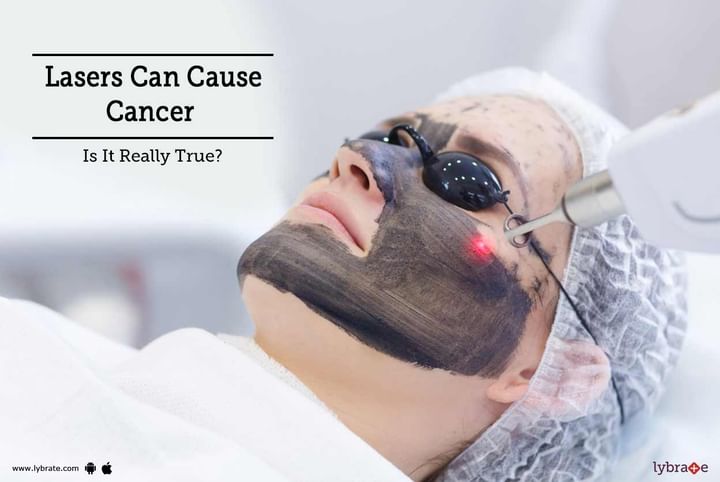Get the App
For Doctors
Login/Sign-up
Last Updated: Oct 23, 2019
BookMark
Report
Lasers Can Cause Cancer - Is It Really True?
Dr. Tarunveer Singh KumarDermatologist • 12 Years Exp.MBBS, Diploma In Dermatology, Venerology And Leprosy (DDVL), MD - Dermatology
Lasers have come as a boon to treat many medical conditions very safely and effectively. They are absolutely indispensable for permanent hair removal, tattoo removal, freckle removal, skin rejuvenation, treatment of birthmarks and many other internal medical conditions. There is a common misconception that lasers are harmful for your skin and can cause skin cancers.
This is far from the truth, since lasers are actually used to treat skin cancers and also help in keeping the skin youthful and rejuvenated.
- Lasers use non-ionising light (like red or green light) and not ionising radiation like x-rays or gamma rays. These spectrums of light do not induce cancer formation.
- Fair skinned races are at much greater risk than skin of color. Melanin in darker skin does not allow harmful UV light in sunlight to penetrate through and the risk of skin cancers in darker skin is therefore small with normal sun exposure. Also, common lasers do not use UV light.
- Laser treatments are administered not in prolonged durations but in pulses much less than a second and parameters in the range of milliseconds and microseconds are most commonly used. Prolonged sun exposure is the most common precipitating factor for skin cancers.
- Laser light does not reach any internal organ. In fact, it requires some expertise even to make laser light reach its target just 1-2 millimeters below the skin. This is because melanin pigment in skin blocks laser light from getting through. An expert dermatologist with sound knowledge of skin optics and laser physics is able to achieve this safely and effectively.
- Laser treatments work on the principle of ''selective photothermolysis'. This means that laser light very specifically destroys only the intended target. Thus, a hair removal laser will destroy only the hair roots while leaving surrounding skin structures unharmed. Similarly, blood vessels in birth marks, collagen in wrinkles or scars, abnormal growths and cancers and individual inks in tattoos can be targeted very specifically with lasers without affecting any other structure.



+1.svg)
